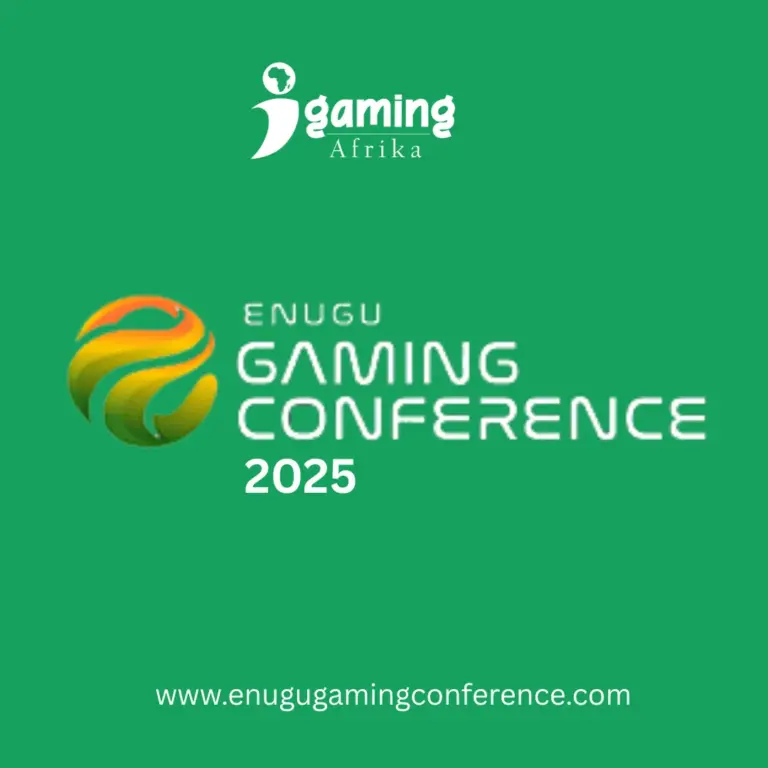Held under the theme “From Unification to Diversification: Shaping Nigeria’s Gaming Future,” the Enugu Gaming Conference 2025 positioned gaming not as a side hustle, but as a vital pillar of the nation’s economic backbone.
Once limited to lotteries and sports betting, Nigeria’s gaming sector is evolving into a sophisticated, multi-vertical industry — marked by unified data systems, interstate collaborations, and innovations that reach far beyond lucky numbers. As participants agreed, if the goal is to grow a resilient, digitally driven economy, gaming is not just a player — it’s the team captain.
The conference brought together state regulators, operators, fintech innovators, and policy experts to tackle a central challenge: how to move from a fragmented regulatory environment to a harmonized yet diverse ecosystem that benefits all stakeholders.
Big Ideas, Bigger Opportunities
Fireside chats and panel sessions revealed key trends shaping the industry. States are increasingly localizing gaming laws while aligning with national frameworks — creating room for innovation without losing regulatory control. Speakers also spotlighted the sector’s hidden job network: app developers, call centre agents, payment gateway engineers, gaming influencers, and event planners — all part of a thriving yet under-recognized economy.
Nigeria’s gaming industry is estimated to generate over ₦450 billion annually. Beyond the numbers, its appeal lies in accessibility: unlike oil or large-scale manufacturing, gaming ventures can start with modest capital, scale quickly, employ youth, drive digital adoption, and boost tax revenue — all without importing complex machinery.
As one witty speaker put it: “In Nigeria, gaming doesn’t just diversify the economy, it diversifies dreams.” From a small POS betting kiosk in Nsukka to a blockchain-based lottery startup in Lagos, the industry’s reach is wide, and its potential is immense.
Challenges and the Road Ahead
Despite its promise, the sector still faces regulatory turf battles, licensing disputes, and societal misconceptions. Yet the mood in Enugu was one of optimism — proof that unity of purpose among diverse interests is both possible and necessary.
This is just the beginning. Nigeria’s gaming revolution is gathering pace, with its people, policies, pitfalls, and potential set to shape the country’s economic narrative in the years ahead.
For those still asking if gaming matters, the answer is clear: it’s not just part of Nigeria’s economy — it’s part of its future.

